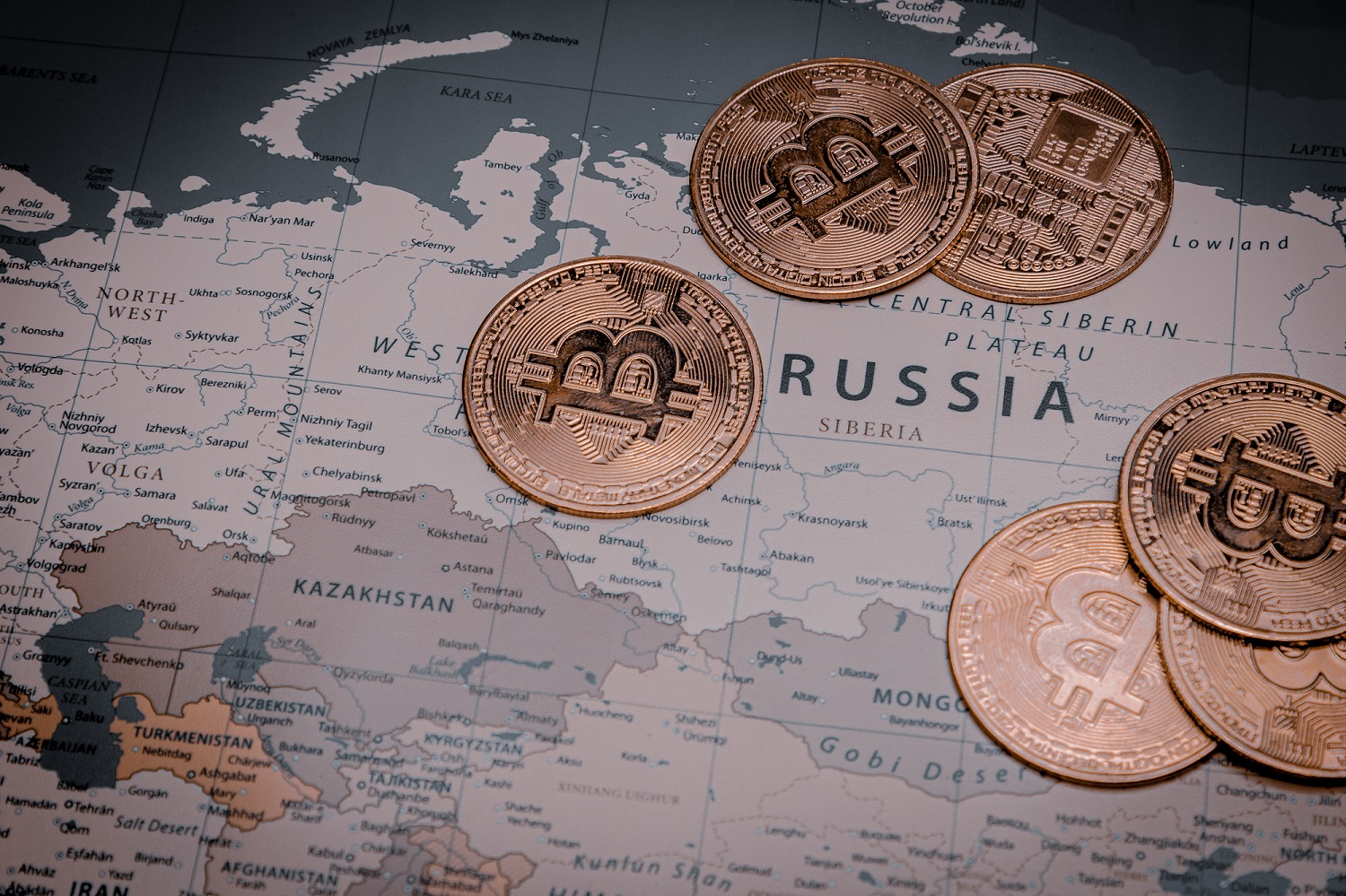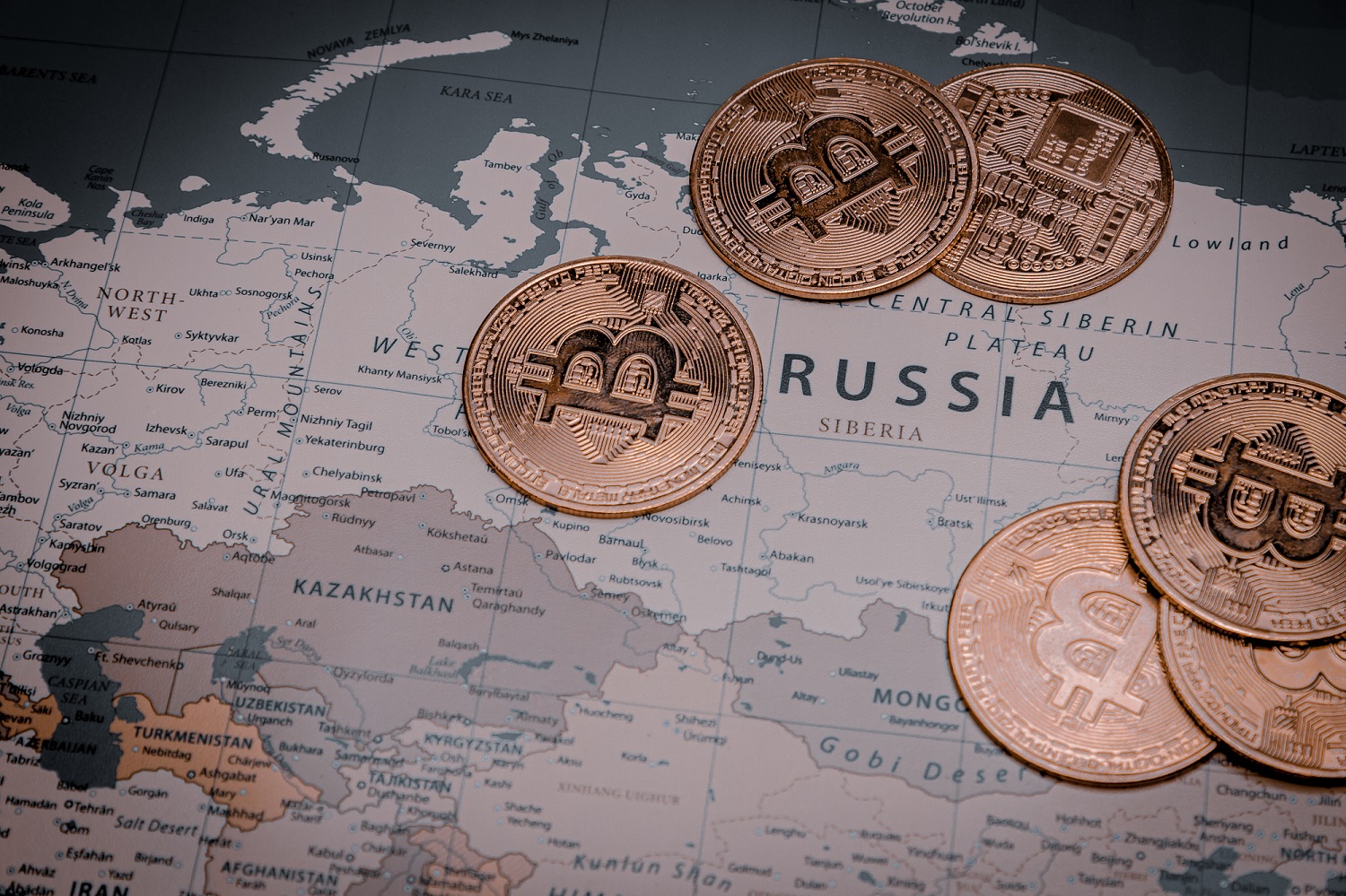A Sharp Rise in Bogus Russian Crypto Exchanges – How Are Fraudsters Targeting Russians?

A “significant” rise in the number of fraudulent crypto exchanges targeting Russians and Russian-speaking crypto traders has been detected, a new report has found.
Per Kommersant, experts have noted a “significant increase” in the number of “small [Russian-language] crypto exchanges, some of which turn out to be fraudulent.”
InformZashitae, a Russian security firm, explained that “unscrupulous exchange”-linked crypto transactions had “grown by one and a half times” in recent weeks.
The firm added that the number of such exchanges “continues to grow.”
A firm named Positive Technologies claimed that the number of fraudulent crypto exchanges had grown by triple in the space of a year, per March 2023 data.
The report also found that “fake crypto exchange aggregators” were “also spreading.”
Dmitry Stepanin, the head of the crypto exchange Satoshkin, was quoted as stating that BestChange clones were “being created specifically to advertise fake exchanges.”
Rise in Fraudulent Russian Crypto Exchanges – What Is Driving the Increase?
Experts claimed that the trend was “associated with an increase in the volume of crypto-fiat transactions” in Russia – with many Russians looking for crypto-powered ways to evade economic sanctions.
Oleg Ogienko, the head of government relations at the crypto mining firm BitRiver, was quoted as explaining:
“It is natural that in any market that undergoes explosive growth – such as cryptocurrencies – all kinds of scammers become active.”
Crypto industry insiders claimed that “only the legalization” of crypto-related activities in Russia could put an end to the rise in bogus exchanges.
Ogienko suggested that crypto exchanges could initially operate in a government-controlled “experimental legal regime” – often referred to as a sandbox.
Politicians have suggested that launching a government-run crypto exchange could provide the answer. But the anti-crypto Central Bank appears to disapprove of this idea.
A bill on the regulation of crypto was submitted to the State Duma in November last year.
But the draft law has failed to make any progress in the Russian House due to deep divisions between the Central Bank, law enforcement agencies, and pro-industry ministries.
Lawmakers say they will try again with a revised bill later this month.



